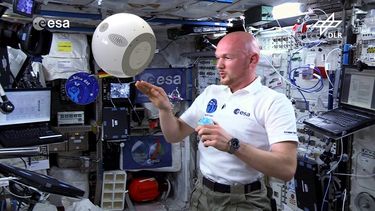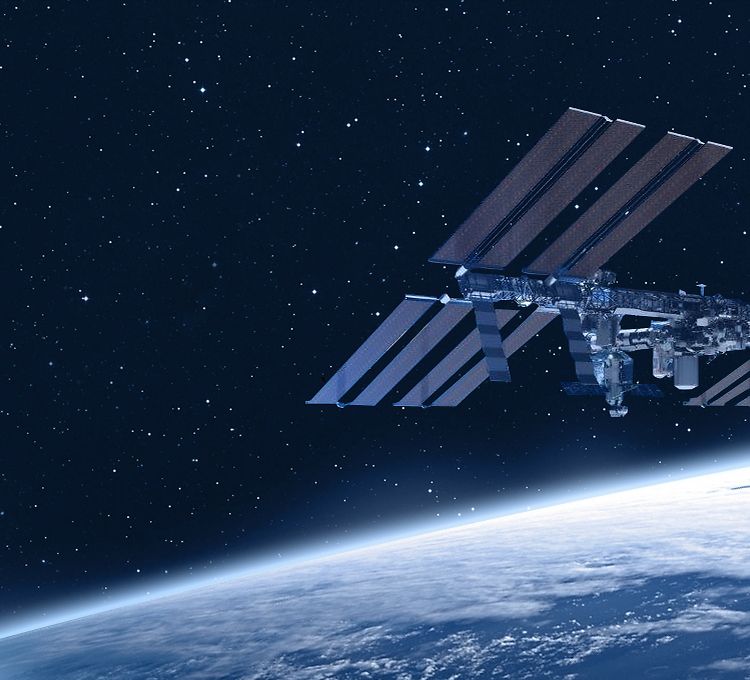The next ISS mission for ESA astronaut Alexander Gerst will be called “Horizons”, for which Airbus is developing a series of important scientific experiments.

41-year-old German geophysicist, Alexander Gerst is scheduled to embark on his second research trip to the International Space Station (ISS) as part of expedition 56/57 in late April 2018. The payload experts at the Friedrichshafen site of Space Systems are working flat out to prepare scientific experiments for this mission.
This site near Lake Constance will supply eight experiments for ISS expedition 56/57 – including pure technology demonstrations as well as experiments in biology, medicine, astrophysics and material science. "As on other ISS missions, Airbus is a very important partner," says Gerold Picker, head of the payload team in Friedrichshafen. "We can contribute to the Horizons mission our comprehensive expertise, amassed over many years of microgravity research. This will enable us to blaze new trails with many innovations."
One system in particular will surely attract great interest: CIMON* (Crew Interactive Mobile CompanioN) is a mobile and autonomous assistance system designed to aid Alexander with his everyday tasks on the ISS. This will be the first form of artificial intelligence (AI) on an ISS mission. CIMON is an experiment overseen by Space Administration at the German Aerospace Center (DLR) in cooperation with Airbus as the prime contractor as well as IBM, Reichert Design and LMU Munich. Till Eisenberg, project lead at Space Systems in Friedrichshafen, eagerly awaits the mission: "CIMON is a personal assistant capable of voice and facial recognition. We want to study the psychological effects of long space missions on crew members and try out suitable countermeasures, especially those that reduce stress. We will place special emphasis on data mining and interactions between humans and AI." Employees in Friedrichshafen will work closely with robotics experts at Airbus in Bremen to implement the CIMON project.
After Frank de Winne from Belgium, Alexander will be the second European to command the ISS. What's more, he is slated to orbit nearly 400 kilometres above Earth for half a year: from late April to late October 2018. Horizons, the name of the mission, symbolises the curiosity and fascination of discovering and researching the unknown.
*CIMON®, which is short for Crew Interactive MObile CompanioN, is a scientific project developed on behalf of the German Aerospace Center Deutsches Zentrum für Luft- und Raumfahrt e.V. (DLR) and funded by DLR Space Administration and the German Federal Ministry for Economic Affairs and Energy Bundesministerium für Wirtschaft und Energie (BMWi). CIMON® is a registered trademark of DLR in Germany. AIRBUS, Airbus’ logos and product and service designations are protected trademarks of Airbus. Other trademarks used or mentioned may be the property of other companies.
